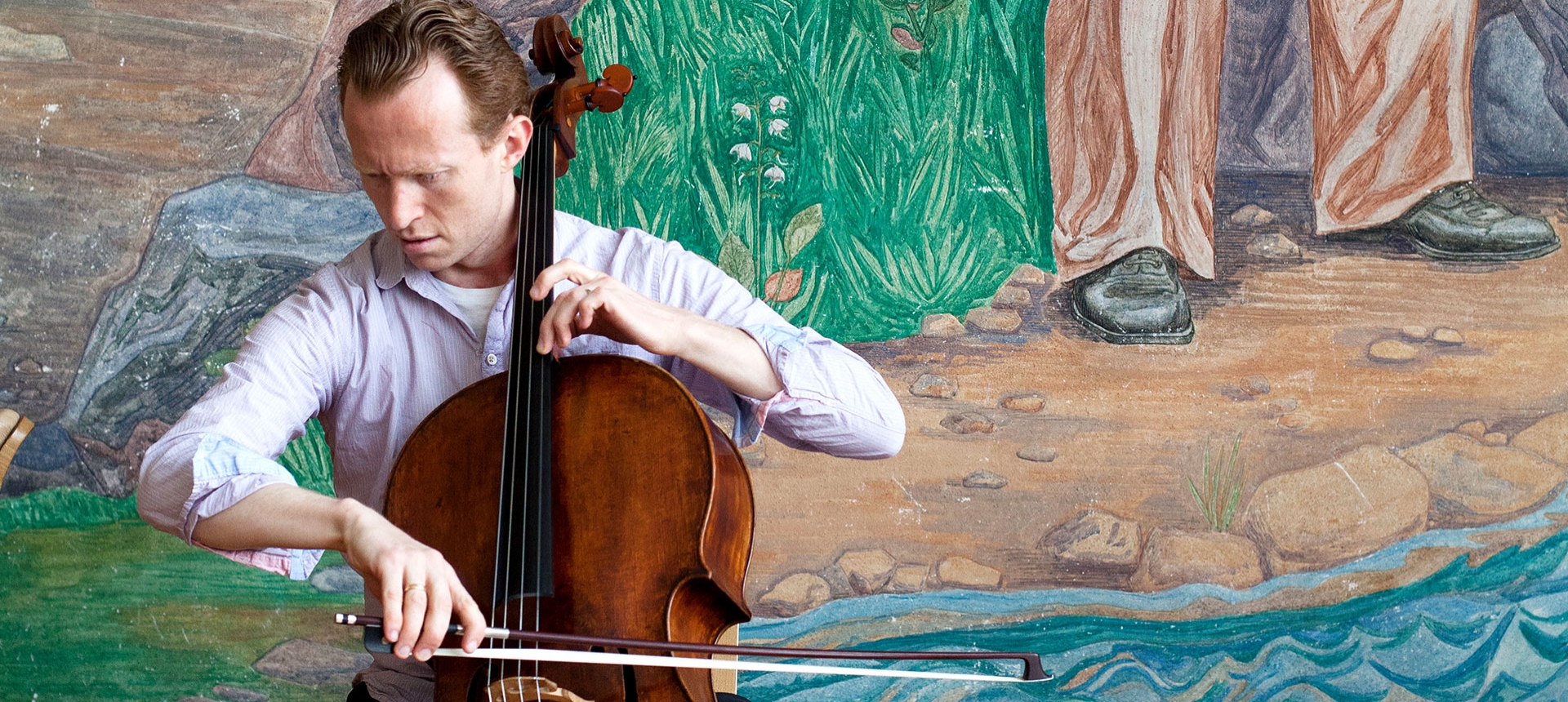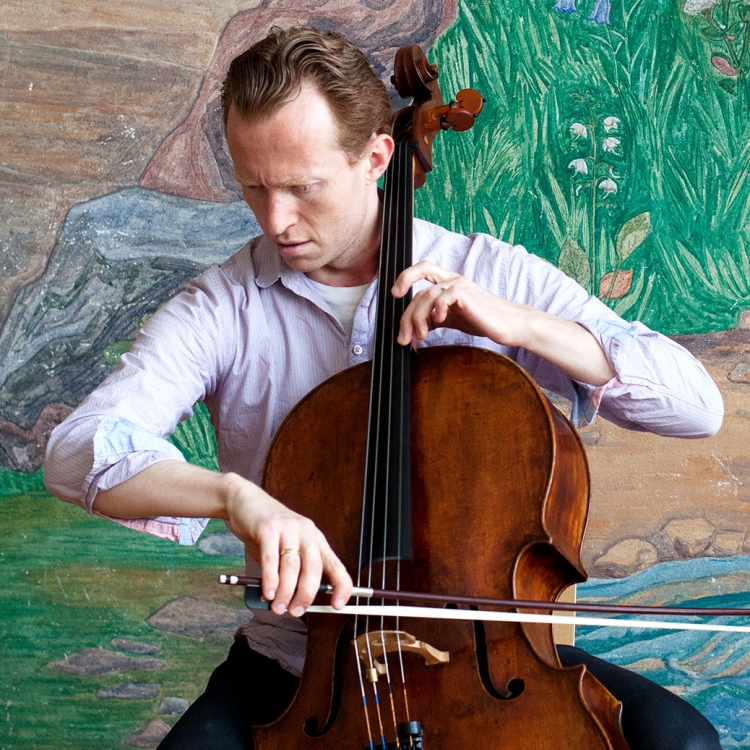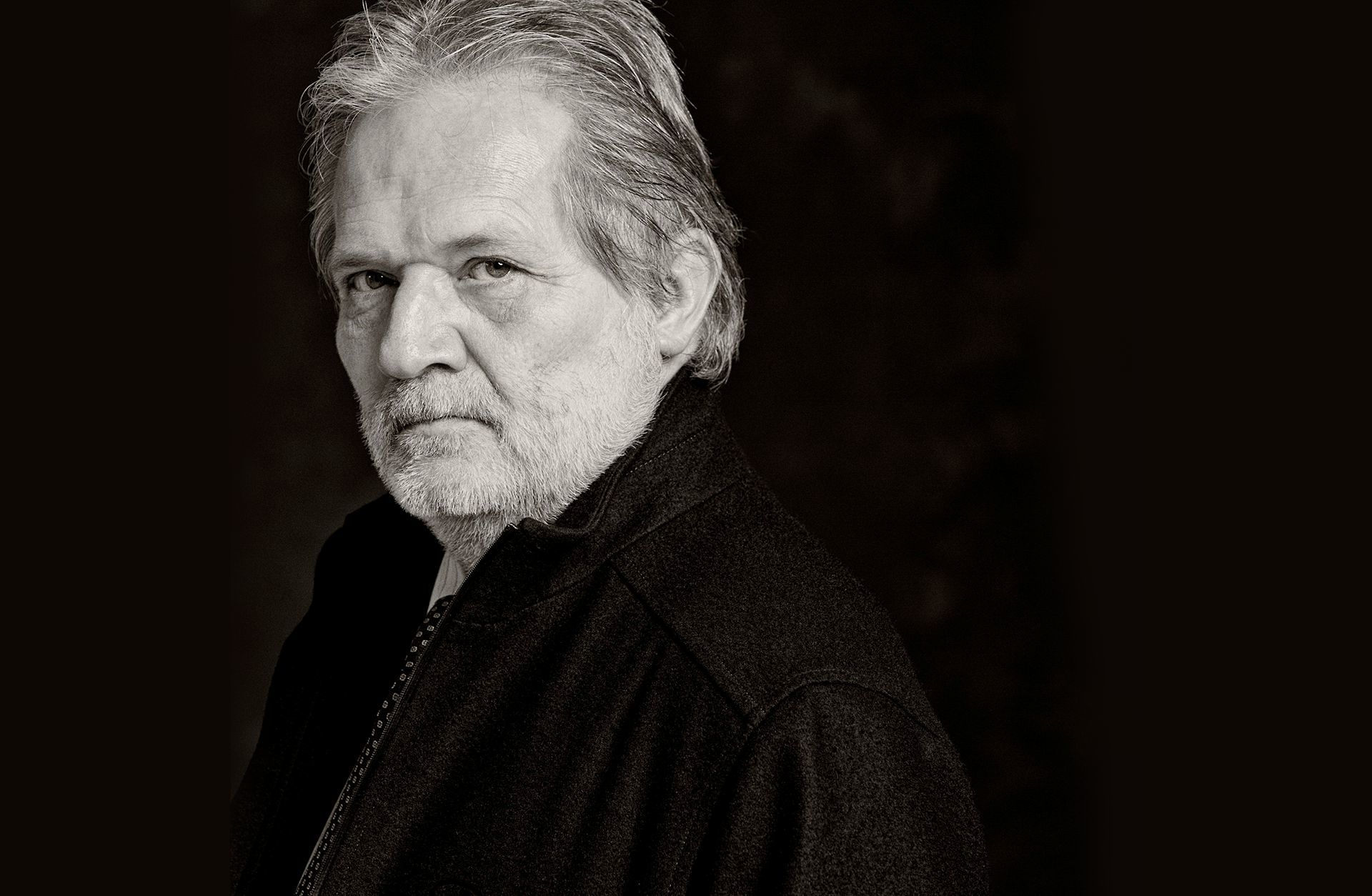Cart
Your cart is empty
Your cart is empty
List is empty
Press ESC to close the search field



Event has already taken place. Gothenburg Symphony, Peter Eötvös conductor, Ernst Simon Glaser cello
Péter Eötvös can put many titles on his business card: composer, conductor, professor. His music is played often by leading orchestras and at prestigious festivals, and as a composer/conductor, he has led projects in many parts of the world with orchestras such as the New York Philharmonic and the Berlin Philharmonic.

His concerts with the Gothenburg Symphony have impressed both critics and audiences, who have had the privilege of experiencing the most exciting music of our time. He was principal guest conductor from 2003 to 2008.
Compatriot Béla Bartók is one of Péter Eötvös’ real specialities; few people have his ability to really get the rhythmical niceties and crucial details out, making Bartók’s original music shine. At the concert, he will also conduct three of his own works that really show his versatility: a teasing and drastic cello concerto, an orchestral piece inspired by Basque folk music, and a gripping elegy commemorating all the nameless refugees from the Middle East and Africa who have died in the Mediterranean Sea.

Here you will find all the necessary information that you need to know about before your magical visit in the Concert Hall.
Invite yourself or someone you like to an experience for all the senses. Welcome to visit the Concert Hall's restaurant or one of our foyer bars.